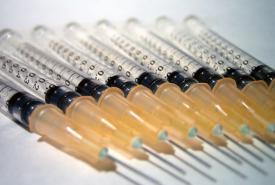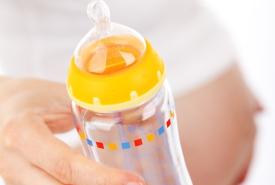Potassium Iodide for Radiation Exposure
admin
Thu, 03/17/2011 - 16:48
Potassium iodide was approved by the Food and Drug Administration(FDA) in 1982 for thyroid protection from radioactive iodine accidents. Of the many radioactive elements released by nuclear accidents, radioactive Iodine-131 is a major component and a huge risk factor for humans.
Bright Light Therapy for Depression
admin
Fri, 07/09/2010 - 15:10
Some people dread the change of seasons. Shorter, darker days mean fatigue, oversleeping, too many carbs, and having a general sense of malaise: a pattern known as seasonal affective disorder (SAD). Seasonal affective disorder is depression that occurs during late fall and winter months, as darkness occurs earlier in the day. Symptoms include depression, lethargy, difficulty waking, and craving carbohydrates, which often leads to weight gain. Seasonal depression may be an issue for some of the women we see. Fortunately, safe treatments for pregnant and breastfeeding women are available.









